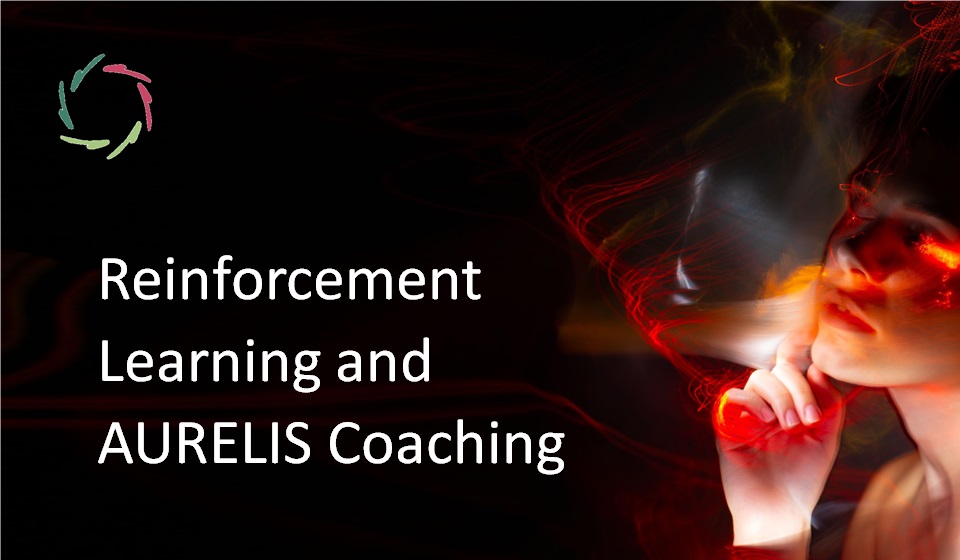Deep Listening

is probably the hardest thing to do. It’s also very important.
People continuously use terms of which they think others surely know what is meant, as if these terms are exact pointers to abstract, ‘Platonian’ concepts. However:
look at the brain and you notice that concepts-as-used-by-humans can never be ‘Platonian’
even if one can delineate them with ‘necessary and sufficient’ characteristics or – another way to put it – if one can show their abstract relations within an equally abstract semantic network. This would be the ‘denotational ideal’. Clean and clear. However, then there are always layers upon layers of connotations.
Interesting, but ‘conceptual’ connotations are not even the end.
They are only the end of the beginning. Then comes the ocean of ungraspability.
This is – of course – directly related to the reality of our brain/mind, which is basically not a semantic network (in which the nodes are well-delineated concepts) but a neur(on)al network (within which the nodes are neurons or even smaller, thus: very ‘sub-conceptual’). Mainly in this way, there is always an infinity of things going on in our brain/mind, of which we are non-conscious.
Deep listening is, to a certain degree but more than is usually the case, opening oneself to this neur(on)al / ‘subconceptual’ world [see: ‘About ‘Subconceptual’]. At least to some degree, it is a necessary condition for empathy. One finds it in client-centered therapy (google Carl Rogers) and even more radically in AURELIS coaching 😊.
In many cases, without deep listening, people keep on talking past each other, ad infinitum.
Is this so bad?
Well, mostly not. Efficiency is important. Purely conceptual information may frequently lead to straightforward results and everybody-happy. But:
we shouldn’t underestimate the ‘power of deep’ in any case.
Even with purely conceptual issues, the universe of depth that is always there may be a source of inspiration and original insights leading towards otherwise unseen possibilities.
- In ‘small’ issues: your child’s motivation to study, your spouse’s being happy with a decision for dinner…
- In ‘big’ issues: high diplomacy, world-changing decisions…
What ‘not-deep’ listening leads to, may be most clarifying
since it leads to the world we live in: depression, psychosomatics, addictions etc., as well as an enormous amount of ‘big and small’ decisions that denigrate human life, causing an ocean of suffering and the non-realization of human potential.
There is no other way. Deep listening is necessary towards any kind of better society.
Not all or nothing.
‘Deep’ is always a work in progress. Non-deep may not grasp this, from its own two-dimensionality. Thus it may mis-understand ‘deep’ as eternally ‘unfinished’, something one cannot build further upon.
Indeed, it is intrinsically ‘unfinished’. Remember Dao and ‘the path’ being more important than the end-of-path. The essence is in the movement, not in a static incarceration within oneself. Dare I say, again and again: ‘ego’?
This path-thing also means that one cannot clearly show when ‘success’ has been reached.
An easy way to clearly show this is just not part of this game. Goals may of course be attained but then again, with ‘deep’ it’s not readily clear how these goals have been attained, thus whether ‘deep’ had much to do with it.
You may be right – again – to notice that this is not the easiest path.
It is the most interesting one.


